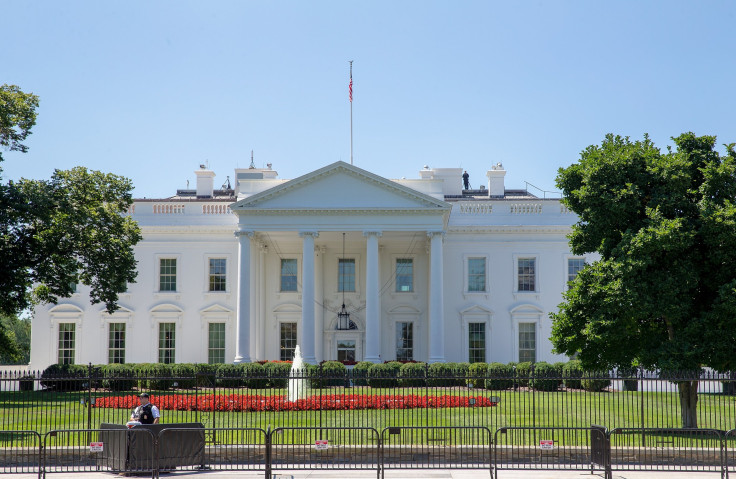2020 Presidential Elections: How Doctored 'Deepfake' Videos Could Disrupt Campaigns

A new type of fake news could throw a curveball towards candidates ahead of the 2020 elections. Deepfake videos, where a images of an individual could be used to generate a fake video, could mislead voters during the electoral race.
The House of Representatives is holding a hearing Thursday from experts on how the deepfakes could spread disinformation during the upcoming elections.
Last month, a doctored video of House Speaker Nancy Pelosi spread all over social media, showing her slurring her speech. Foreign adversaries of the United States could use deepfakes to spread disinformation on social media during the election.
The Nieman Foundation at Harvard University released a report depicting different scenarios where deepfakes could be used to manipulate the course of the election. For example, if Elizabeth Warren were to be the Democratic candidate for president, a false video of her saying disparaging remarks about white men could be used to incite voters, especially in Trump's base.
Fake audio recordings could also be used, such as a fake recording of Bernie Sanders rudely stereotyping Iowan voters as "hillbillies" in order for him to lose the Iowa caucus. This tactic could be used by supporters of another Democratic candidate to sow discord during the primaries.
Hany Farid, a professor at Dartmouth College, is hoping to develop a tool to vet the deepfake videos as not being real. "If you are a reporter and you see a video, surely before you report it you should have a mechanism to vet it," he told CNN. He hopes to have his tool available to use by December.
Disinformation and fake news have been a major issue since the 2016 elections, where fake social media posts spread false claims, particularly towards Democratic presidential candidate Hilary Clinton. Many of these fake posts came from Russian sources, as Clinton's proposed policies were seen as anti-Russian in comparison to Donald Trump.
© Copyright IBTimes 2025. All rights reserved.



















